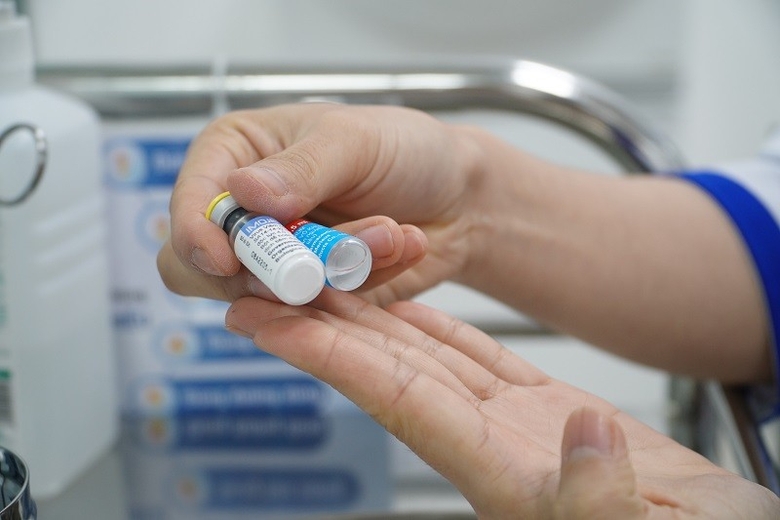
Illustration photo.
Vaccine storage, safe vaccination
Recently, the Health Station of Thang Binh Commune, Nong Cong District, Thanh Hoa Province used Hexaxim vaccine (6 in 1) expired from March 31, 2023 to vaccinate children. Two medical staff were suspended from work because of the incident in which 4 children were hospitalized after being injected with expired vaccines. The cause is believed to be due to the proper storage of vaccines, and the staff did not carefully check the vaccines before injecting them, so they did not detect the expiration of the vaccines.
The Ministry of Health has issued an official dispatch requesting localities and the health sector to review the entire vaccination process to rectify vaccination activities; organize retraining for staff participating in vaccination work in the area if necessary to ensure safe vaccination practices according to regulations.
Vaccine is a biological preparation with antigenic properties that stimulates the body to produce specific active immunity to prevent and fight against pathogens. Vaccination is the direct introduction of a biological product into the body, so it is necessary to absolutely ensure the quality of the vaccine to ensure the disease prevention effect brought by the vaccine.
The Ministry of Health has long issued the Vaccination Safety Guidelines, which include specific requirements on vaccine storage, health screening during vaccination, post-vaccination monitoring, etc.
First, vaccines must be stored at the correct temperature: Vaccines are only safe for users when stored according to prescribed standards and at the correct temperature. Today, the GSP-standard cold storage system and cold storage chain system help ensure consistent temperature at all locations, ensuring vaccine quality.
In addition, for special vaccines that require storage at temperatures as low as minus 86 degrees Celsius, there must be a dedicated defrosting warehouse with temperature control within standard limits, ensuring that the vaccine is defrosted safely and properly before use.
Vaccination facilities need to ensure power supply to cold storage (it is best to always have at least 2 power sources).
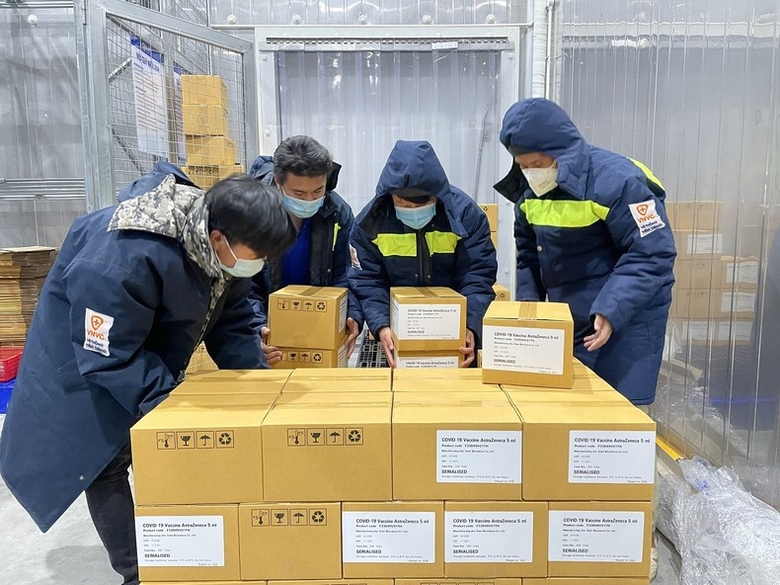
Safe vaccine storage process.
Vaccine storage cabinets must also be specialized cabinets, with a synchronized temperature storage system, self-recording thermometer and surveillance camera. Vaccines that are not used up during the day must be brought to a GSP-standard cold storage for monitoring at a higher level of safety.
Vaccine expiry dates must be monitored: Ms. Ngo Thi Tuyet Suong, Deputy Director of Quality, VNVC Vaccination System, said that monitoring vaccine expiry dates is very important right from the storage warehouse to ensure that all vaccines that are not eligible for use or have expired will be transferred to a separate area in the cold storage and processed according to the instructions of the Ministry of Health. Absolutely do not store expired vaccines with valid vaccines to ensure there is no confusion.
Many vaccination facilities are now using modern inventory management software. This allows tracking of each vaccine vial with all necessary information, warnings about vaccine expiration dates, and coordinating appropriate supply according to inventory and usage needs. This strict process and modern software system does not allow expired vaccines to be taken out of the warehouse, but must be transferred to a separate storage area to wait for refund or destruction according to regulations.
Vaccine is a biological preparation with antigenic properties that stimulates the body to produce specific active immunity to prevent and fight against pathogens. Vaccination is the direct introduction of a biological product into the body, so it is necessary to absolutely ensure the quality of the vaccine to ensure the disease prevention effect brought by the vaccine.
Safe vaccination: According to Ms. Ngo Thi Tuyet Suong, currently in some places, vaccines are still stored in freezers and household refrigerators. The temperature may be displayed as 2-8 degrees Celsius, but in reality it is very difficult to ensure due to many factors such as continuous opening and closing time, power source, and density of goods inside.
To practice safe vaccination, important steps must be taken: First, screening is performed to detect abnormalities, ensure that the person being vaccinated is healthy enough to receive the vaccination, and minimize post-vaccination reactions. The screening doctor decides whether the client is eligible for vaccination or not. This work is continued by nurses, checked and cross-checked again in the vaccination room.
Step 2, the vaccine must be checked before injection. To avoid confusion, when the person comes in for injection, the person must be asked for their name and date of birth. When the vaccine is taken out, the vaccine must be checked, controlled, and compared, the vaccine name, disease prevention effect, manufacturer, country of manufacture, date of manufacture, expiry date, integrity of the vaccine... as well as dosage, route of administration... must be checked with the person being injected (guardian).
At the same time, medical staff guide customers to check and compare with the doctor's instructions. This helps customers get the right type of vaccine, get safe injections, and feel secure about the quality of the vaccine and the quality of the vaccination.
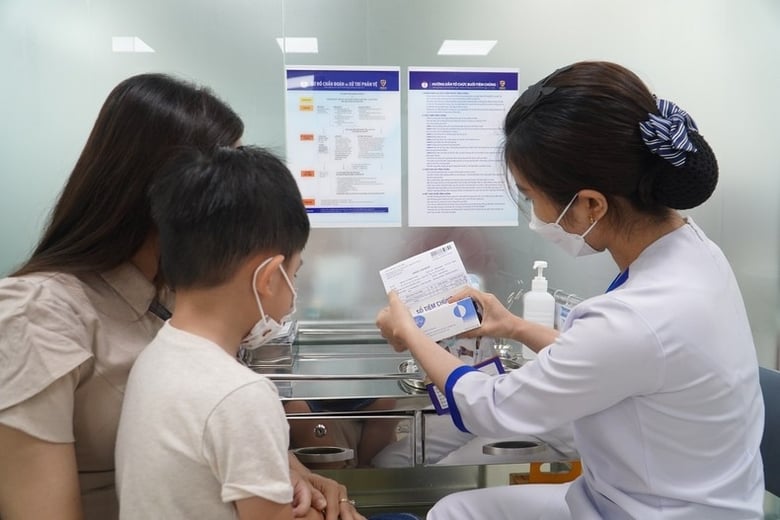
Vaccination staff review information of the person vaccinating, type of vaccine, and expiration date for the child's mother.
Step 3, post-vaccination monitoring: Each individual reacts to the vaccine at different levels and most have only mild reactions within 30 minutes after injection. Therefore, after injection, the child needs to be monitored for 30 minutes to promptly detect and handle any reactions, if any. After vaccination, it is necessary to continue monitoring reactions for 72 hours at home.
Putting Covid-19 vaccine into routine immunization
Regarding Covid-19 vaccination, Associate Professor, Dr. Duong Thi Hong, Deputy Director of the National Institute of Hygiene and Epidemiology, said that the total number of injections performed in Vietnam is more than 266 million injections. Vietnam is a country with high Covid-19 vaccination coverage for all ages, including basic doses and booster doses.
According to the World Health Organization, although the Covid-19 epidemic is no longer a global public health emergency, the pandemic has not ended. Therefore, Vietnam still needs to maintain epidemic prevention and control measures, including Covid-19 vaccination and booster vaccination for high-risk groups.
Based on the number of subjects requiring vaccination and the booster vaccination schedule, localities will organize Covid-19 vaccination in batches or periodically, moving towards regular vaccination to ensure full vaccination for target groups, while saving resources while still achieving vaccine coverage for high-risk groups.
Associate Professor, Dr. Duong Thi Hong, Deputy Director, Central Institute of Hygiene and Epidemiology
According to Ms. Hong, Vietnam will carry out Covid-19 vaccination according to the updated recommendations of the World Health Organization. Accordingly, priority groups for Covid-19 vaccination include: Elderly people at high risk of severe Covid-19 disease, people with immunodeficiency, people with underlying diseases, and chronic diseases who need to be fully vaccinated with basic doses and booster shots, with booster shots 6 to 12 months after the last dose.
Currently, the world has an updated bivalent Covid-19 vaccine "updated Covid-19 vaccine" to prevent the original virus strain and the Omicron strain.
According to the recommendations of the US Centers for Disease Control, all subjects aged 6 years and older who have received the primary dose should receive an additional dose of the updated vaccine. In addition, people aged 65 years and older should receive a second dose of the updated vaccine after 4 months or more, and immunocompromised people should also receive a second dose of the updated vaccine at least 2 months after the first dose.
"Vietnam will update according to the recommendations of the World Health Organization, and through the Vaccine Advisory Council, the Ministry of Health will provide appropriate Covid-19 vaccination guidelines for high-risk groups in the near future," said Ms. Hong.
In the context of the Covid-19 epidemic with an increasing number of cases in recent days, people should take measures to prevent and control the epidemic according to the recommendations of the Ministry of Health, need to get enough basic doses and booster shots according to the current instructions of the Ministry of Health: People aged 18 and over need to get enough basic doses and booster shots, children aged 12-17 need to get enough basic doses and booster shots, children aged 5 to under 12 need to get enough basic doses.
Especially people at high risk of Covid-19 such as people with immunodeficiency, people with underlying diseases, and chronic diseases need to be fully vaccinated with the 3rd and 4th doses according to the schedule and instructions of the Ministry of Health.
Source link


![[Photo] "Beauties" participate in the parade rehearsal at Bien Hoa airport](https://vstatic.vietnam.vn/vietnam/resource/IMAGE/2025/4/11/155502af3384431e918de0e2e585d13a)
![[Photo] Looking back at the impressive moments of the Vietnamese rescue team in Myanmar](https://vstatic.vietnam.vn/vietnam/resource/IMAGE/2025/4/11/5623ca902a934e19b604c718265249d0)




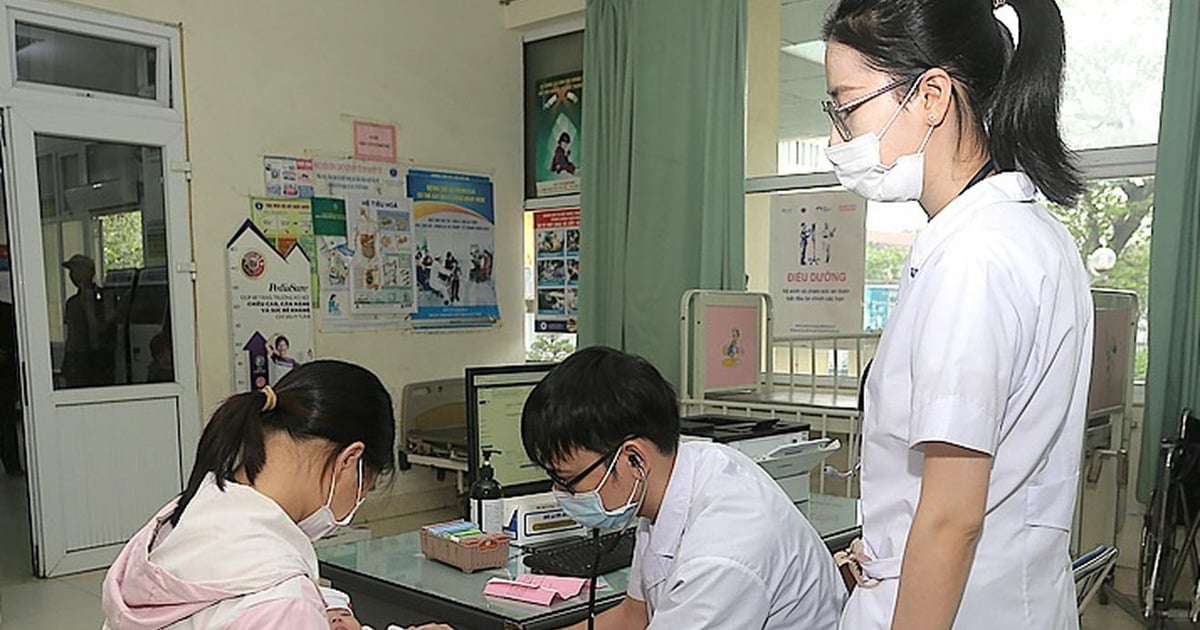

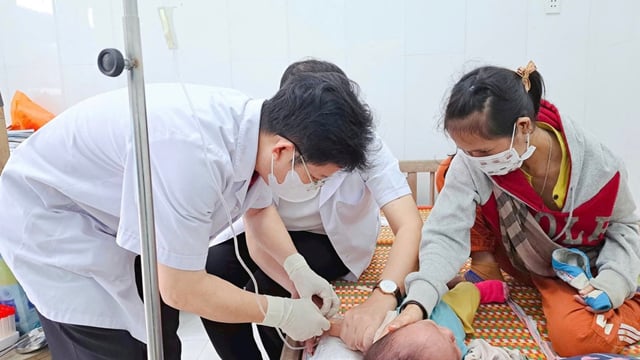
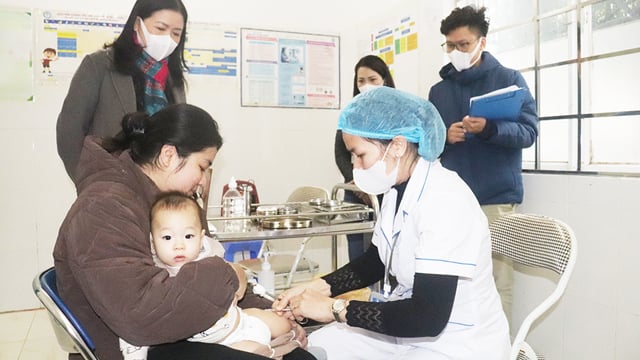
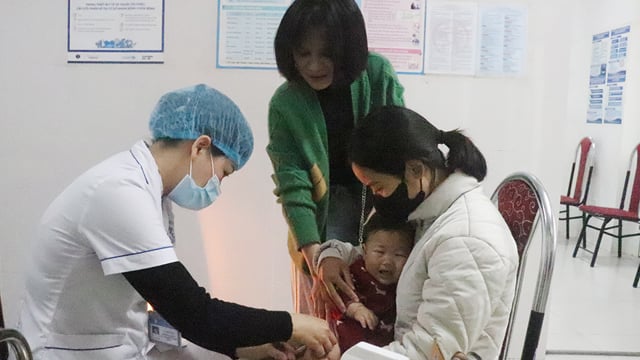
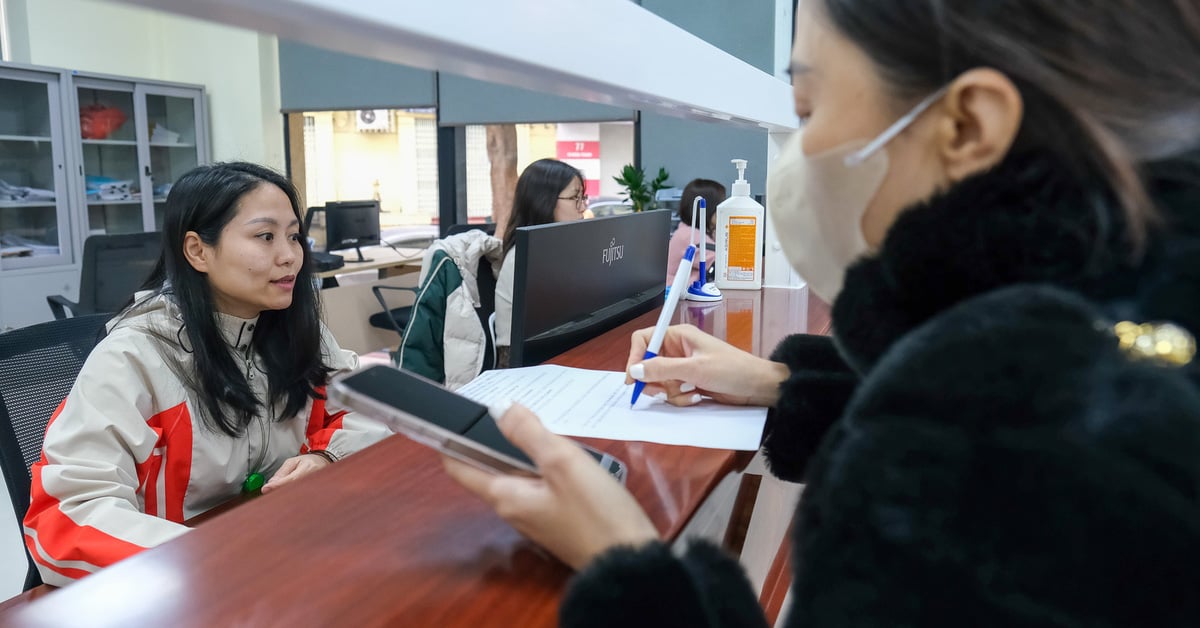

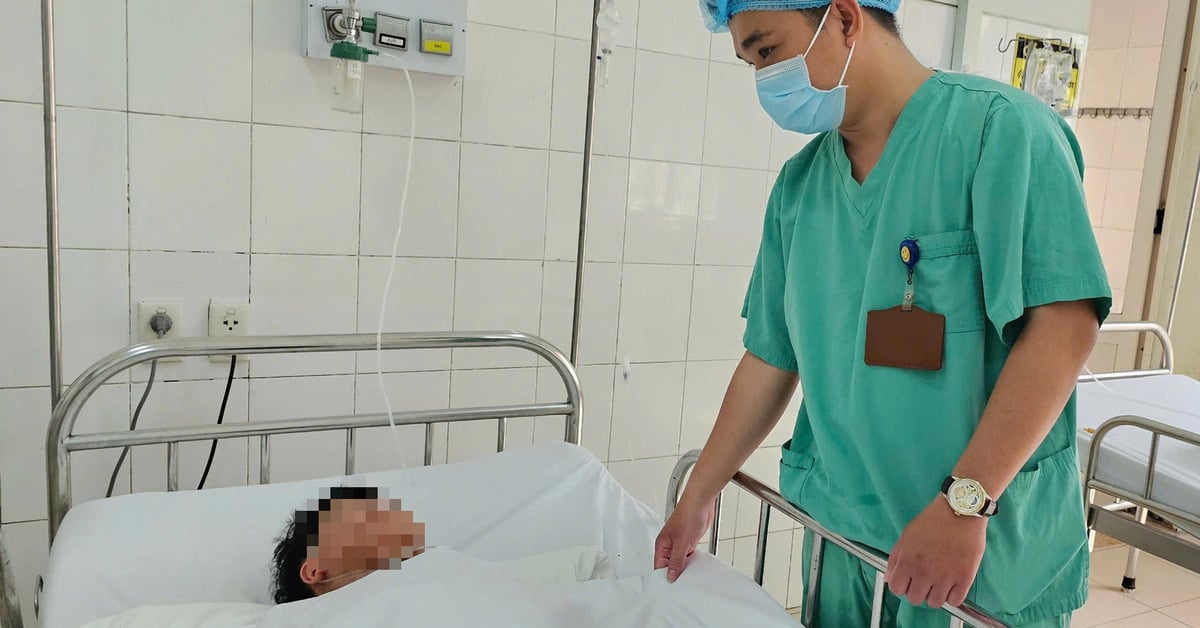
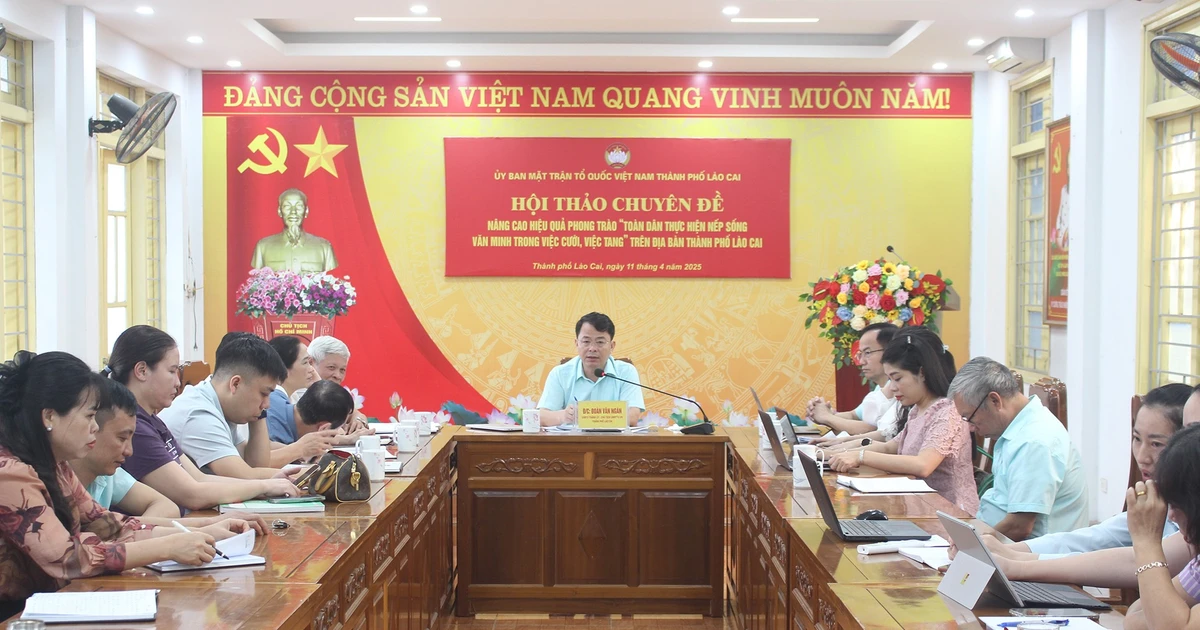
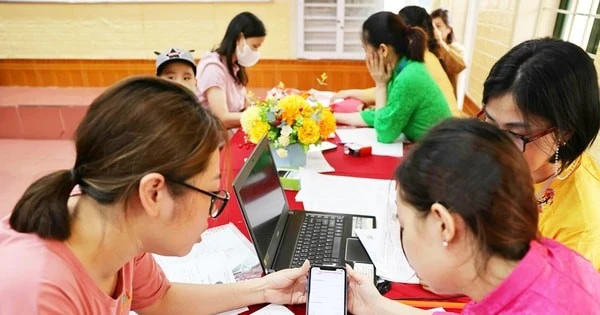

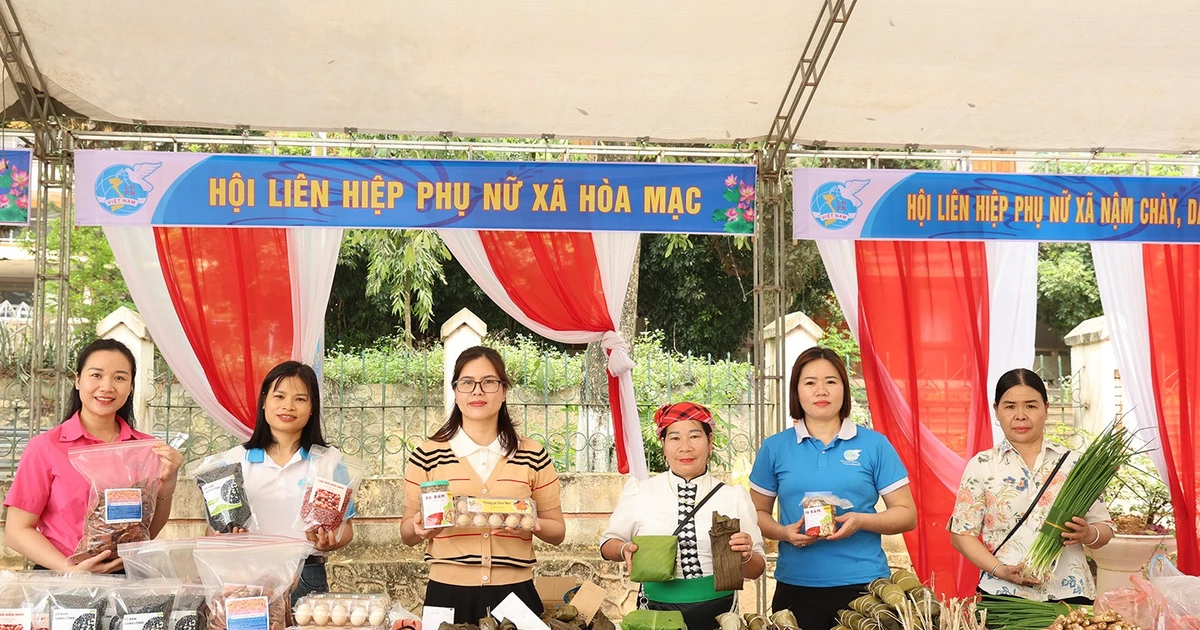
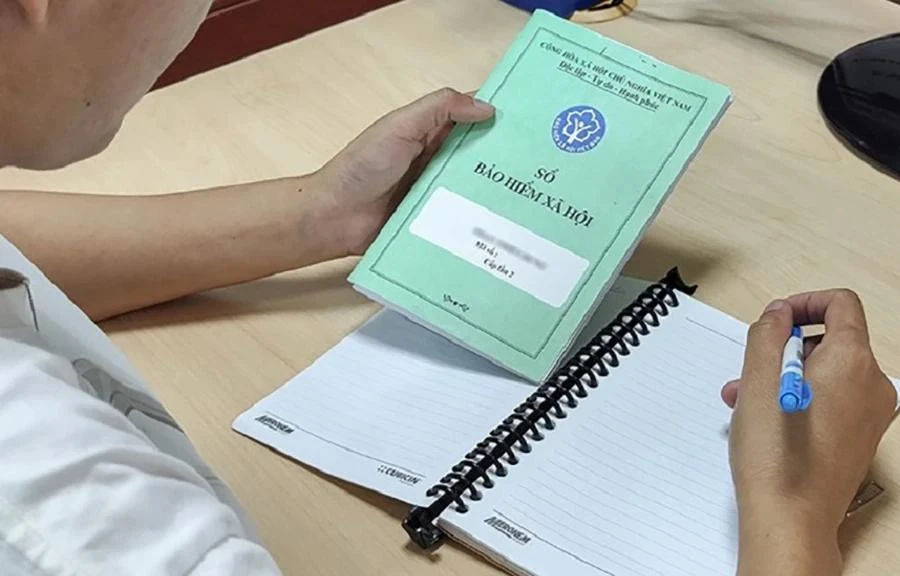
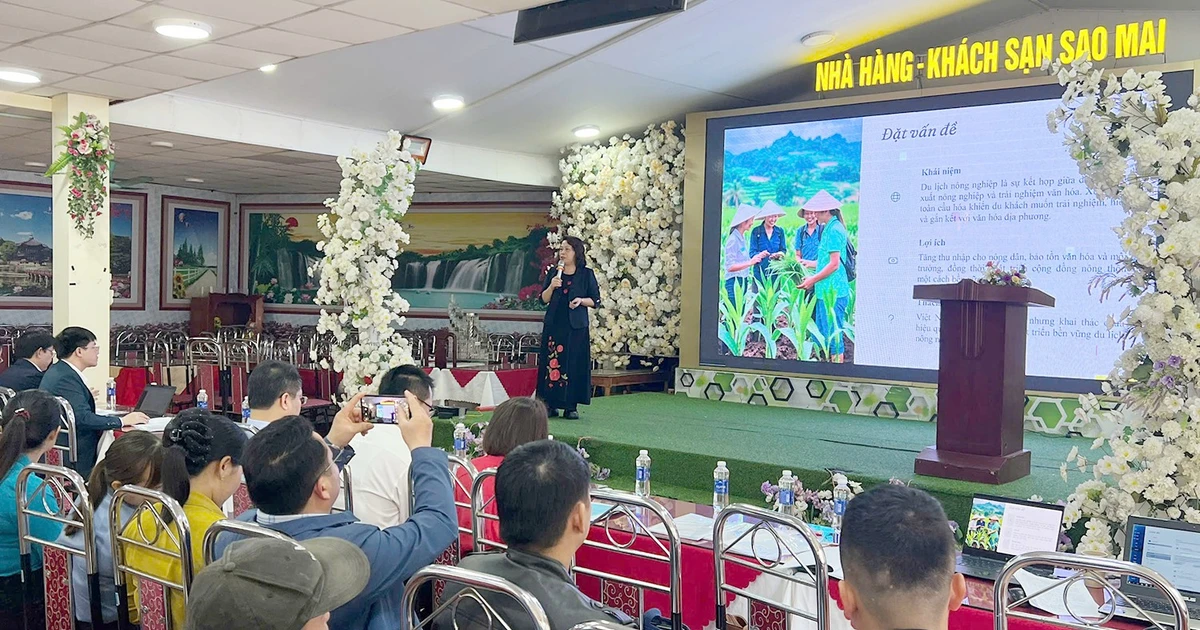


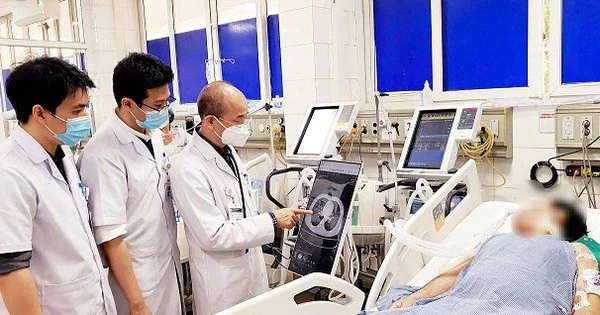



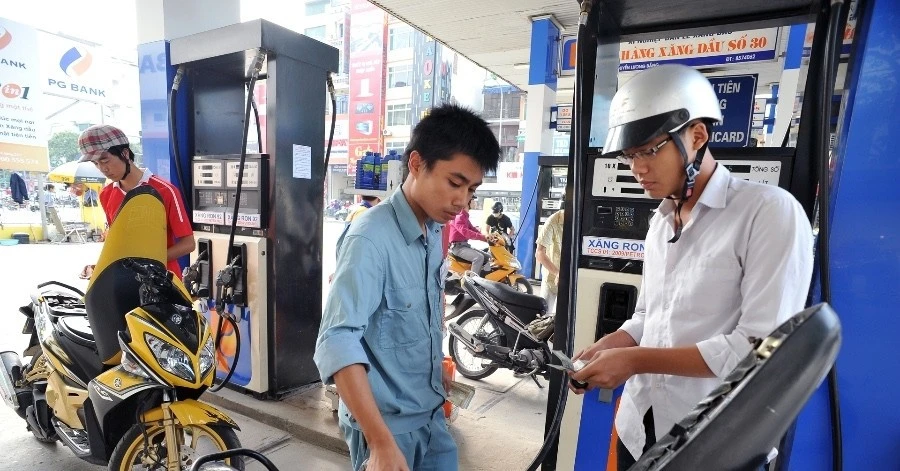
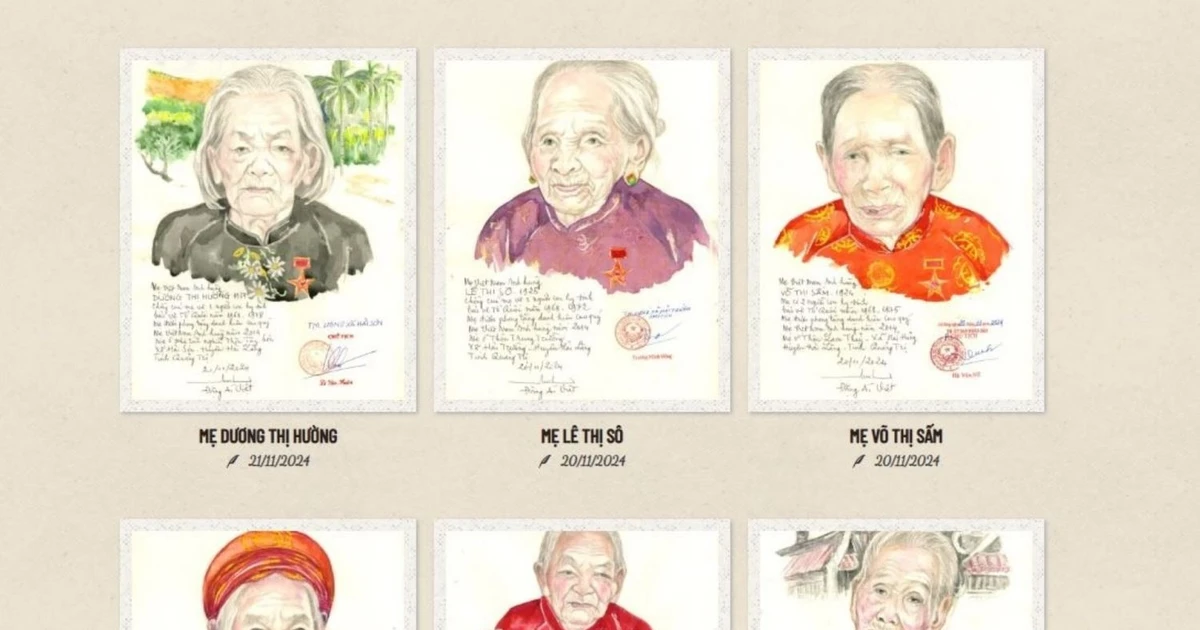

![[Photo] Summary of parade practice in preparation for the April 30th celebration](https://vstatic.vietnam.vn/vietnam/resource/IMAGE/2025/4/11/78cfee0f2cc045b387ff1a4362b5950f)
















































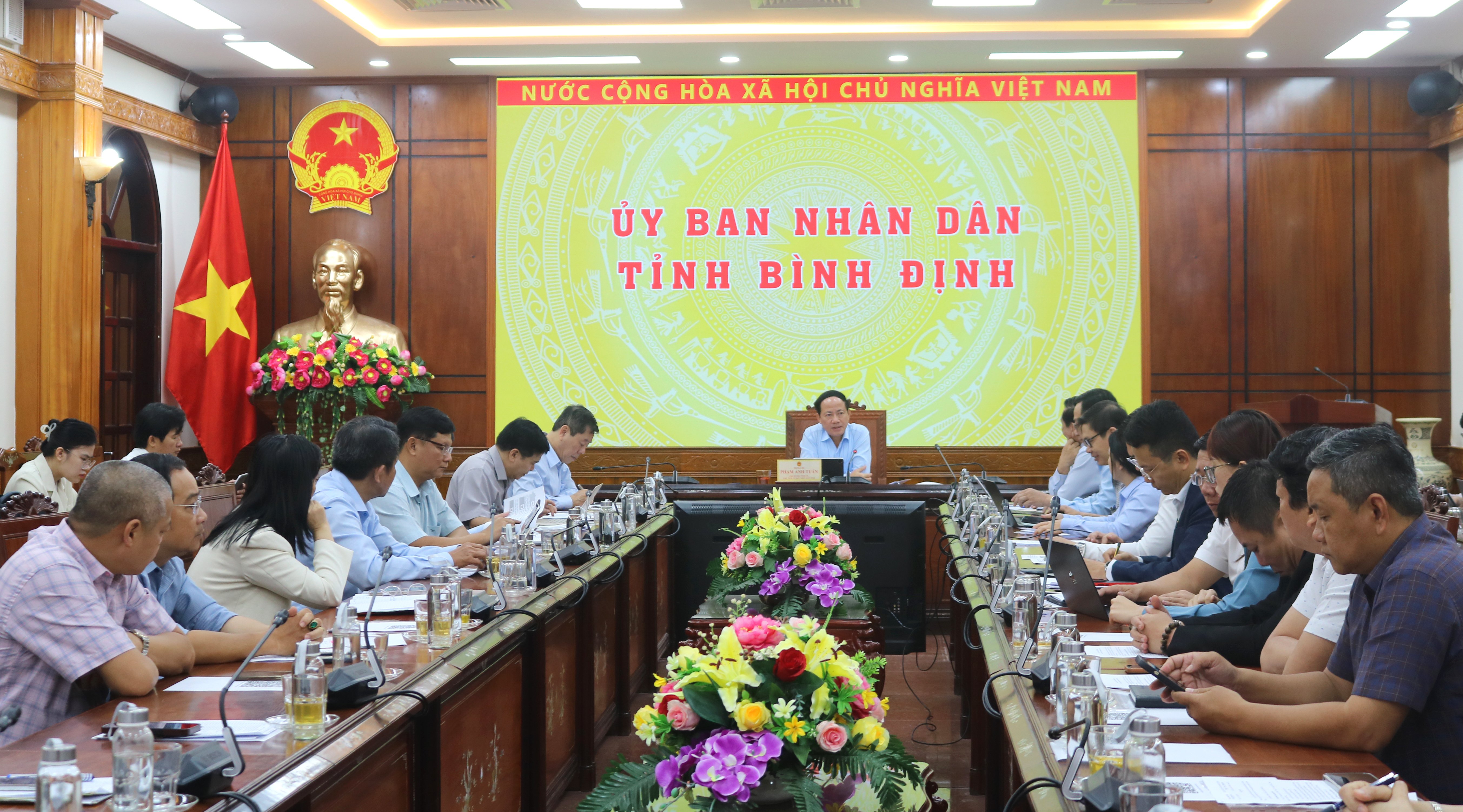













Comment (0)